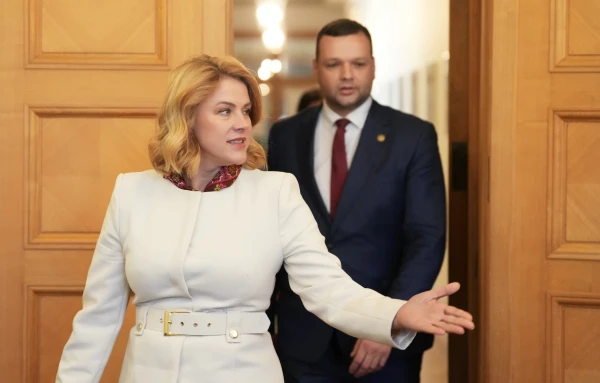
Last Thursday, the ruling coalition experienced the most serious conflict in the two years of Silina's government. The conflict was triggered by the decision of the Union of Greens and Farmers (UGF) to support the initiative for Latvia to withdraw (denounce) from the Istanbul Convention.
What happened next: the "green farmers" faced accusations from both the "Progressives" and the politicians of "New Unity".
There were even rumors about Prime Minister Evika Silina's readiness to dismiss Minister of Welfare Rainis Uzulnieks (Union of Greens and Farmers), as the Ministry of Welfare is responsible for implementing the Istanbul Convention, which, let us remind you, was ratified in November 2023, including votes from deputies of the Union of Greens and Farmers.
Let us recall that the head of government summoned Uzulnieks to her office this Monday. Everyone expected a "bloody showdown," but it did not happen — Evika Silina merely tasked the minister with preparing a report for the next government meeting, that is, by Tuesday, October 8, on how the Istanbul Convention is being implemented in Latvia.
Interestingly, the rendezvous between Silina and Uzulnieks took place… in the presence of journalists — this is a rare occurrence in recent politics! Apparently, the prime minister wanted to create discomfort for the head of the Ministry of Welfare and, at the same time, avoid any subsequent misinterpretation of the content of the meeting between Silina and Uzulnieks.
A truce… for one night?
On the same day, a coalition council meeting took place, where the ruling politicians discussed for almost three hours… "how we will live in the current situation." According to unofficial information, the discussion was heated. But… in the end, what was supposed to happen happened — since none of the three ruling parties were ready to collapse the government right now, they agreed on a temporary truce. The truce, according to the prime minister and other ruling politicians, is in effect at least until the Saeima adopts the 2026 budget.
However, it turned out that it lasted only until the morning of Tuesday! Already on Tuesday, the parties returned to their previous, to put it mildly, unfriendly rhetoric. The leader of the "Progressives" Andris Šuvajevs "threatened" — if the "green farmers" submit their proposals during the second reading of the 2026 budget, then they, the "Progressives," will consider this a violation of the coalition agreement. Again, the "green farmers" did not hold back and noted that such a statement from the "Progressives" actually contradicts parliamentary democracy and the Constitution. In other words, no one can forbid deputies from submitting amendments to the budget.
In any case, it is quite clear that the hatchet of war, if it was buried, was buried very shallowly and actually for one night.
Moreover, on Tuesday it became clear that the "green farmers" do not intend to change their position regarding the fate of the Istanbul Convention. "My prediction is that Latvia will withdraw from this convention," stated the same Minister of Welfare Uzulnieks and reasonably reminded that in the Saeima's Foreign Affairs Committee, where the opposition's initiative to denounce the convention was sent, the opposition has a majority! It is worth noting that, "by coincidence," the consideration of this initiative will take place in the Saeima's committee… on October 8, that is, on the day when Minister Uzulnieks will report to the government on the implementation of the convention.
A coalition that doesn’t exist?
A logical question arises, or rather two questions: can the government really work in such a "warm atmosphere" until the budget is adopted, that is, until mid-November, and is it even necessary to "keep" such a government until and after the budget? Maybe it’s better to have a "terrible end than a terror without end"? That is, to immediately end this government and create a new one?
"The coalition exists only on paper," stated political scientist Iveta Kažoka. This was indirectly confirmed by veteran Latvian politician and one of the prominent figures of the Union of Greens and Farmers Augusts Brigmanis: "The problem is that the coalition simply does not have votes in the Saeima." The politician acknowledged the obvious: in many parliamentary committees, the ruling parties are in the minority, and the ruling parties periodically face problems in gathering all the deputies who support the government for plenary sessions — that is, a maximum of 51 people! The last meeting ended prematurely because there were only 48 deputies in the hall, and the opposition took advantage of this, disrupting the quorum.
"I think a certain political crisis is already emerging here," political scientist Janis Ikstens stated in an interview with Latvian Radio. He advised the country’s president to start political consultations with the parties to understand how deep the contradictions in the coalition are and whether it is worth keeping this government just to adopt the budget, after which the government’s work would be paralyzed.
It should be noted that there is common sense in the political scientist's words — the head of state, who has so far "stayed above the fray," apparently really needs to take the initiative. Yes, the Constitution does not require him to intervene in government affairs, even in the case of sharp disagreements within the coalition, but if a political crisis is brewing, then logic suggests that the president should also "crawl out of the trenches."
On the other hand, we understand that Rinkēvičs will not be able to replace the coalition or convince politicians to at least temporarily "forget" about the upcoming elections. If this government works at all, it will be at most until the end of this year. In any case, the country seems to be entering a period of political instability…
Is it possible to create another government?
Is it possible to create a new government in this Saeima, for example, without the current ruling party or with the ruling party but without the "Progressives" or "green farmers"? The answer is unequivocal — yes! There can be at least three more combinations of the ruling coalition, including without the "New Unity" party. The other question is whether the opposition is eager to "take power" before the elections and clear the mess created by the current Silina government? Most likely no!

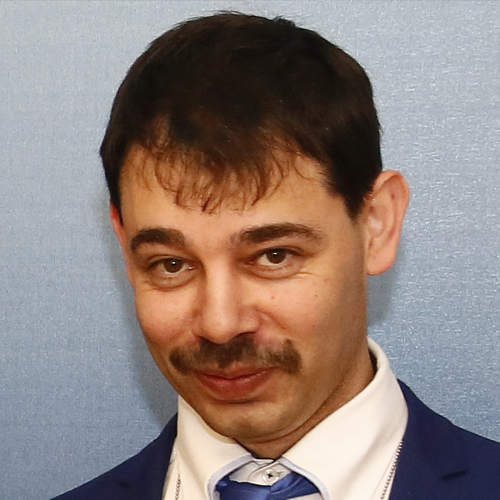
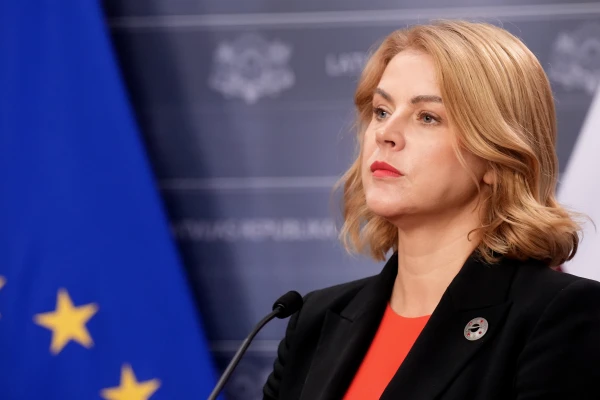
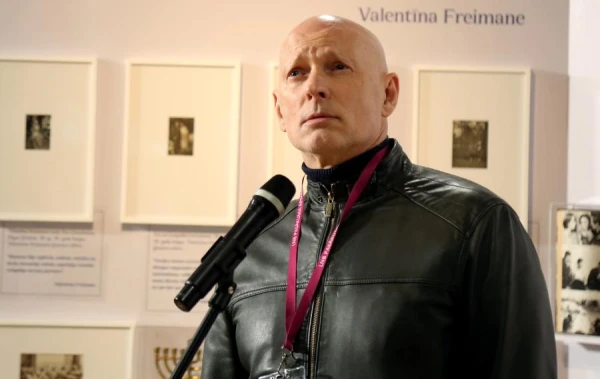

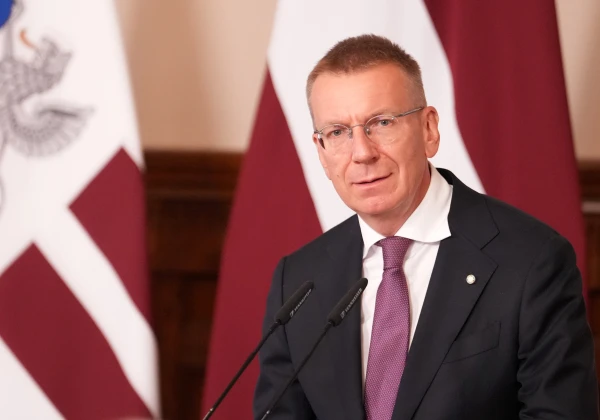

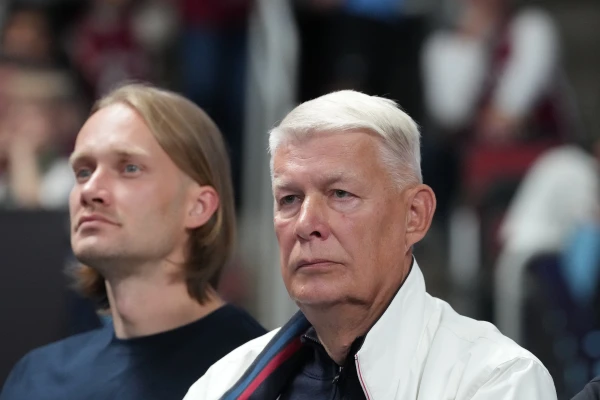





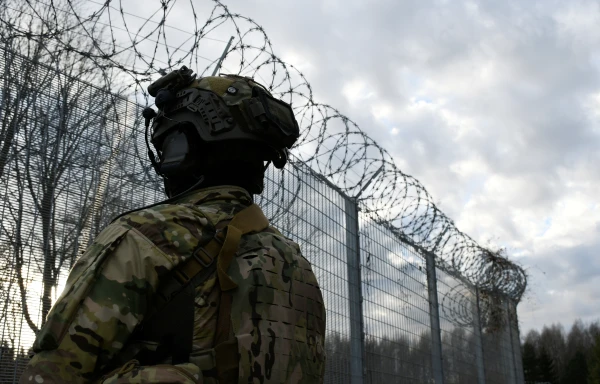
Leave a comment